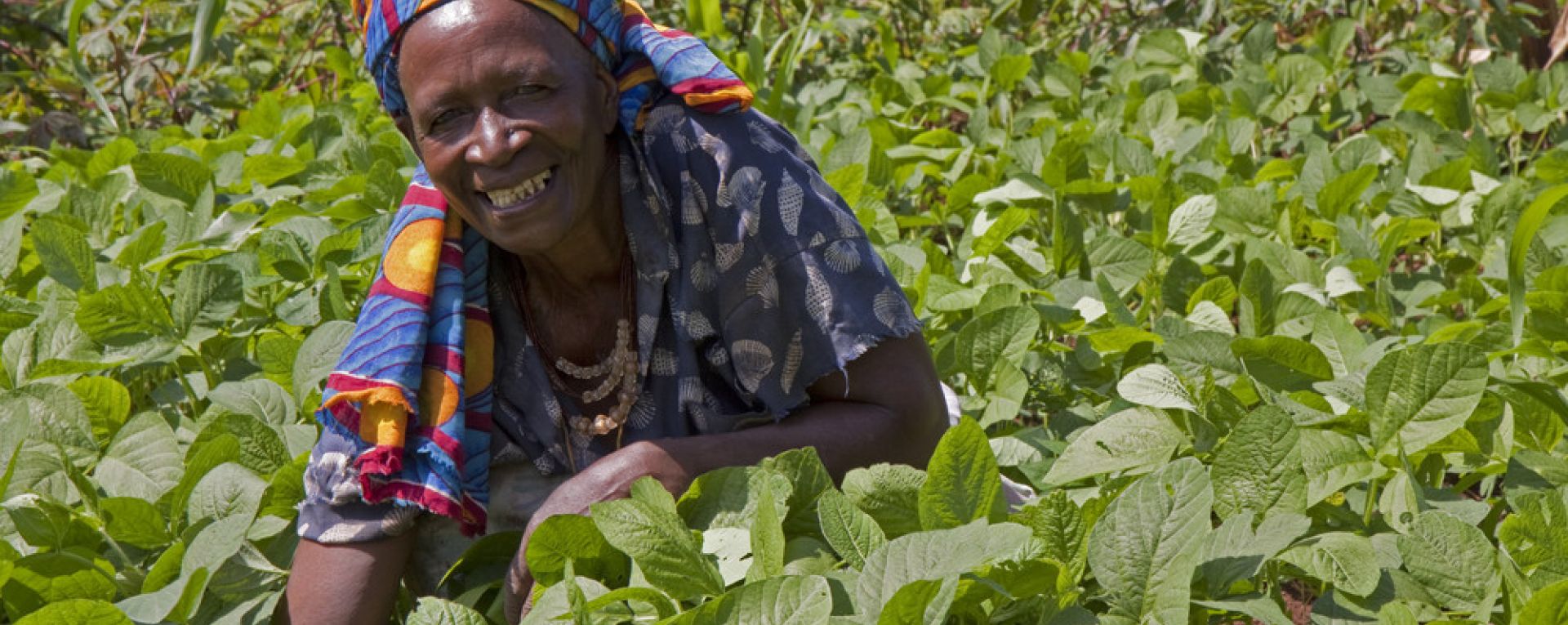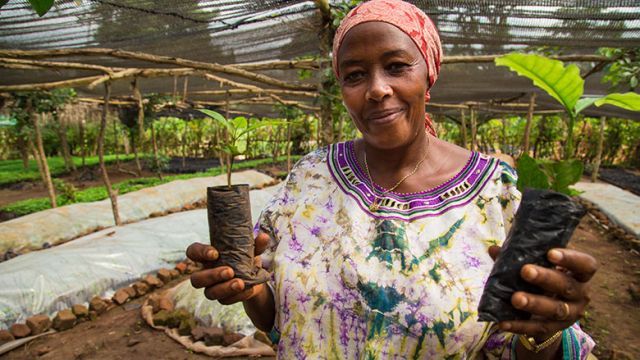Uganda
Overview
In 2022, Uganda demonstrated medium capacity in its data use. Uganda was routinely conducting two agricultural and rural surveys and the Bureau of Statistics was prioritizing a national strategy for data production and dissemination to ensure the country was meeting targets related to its national development plans. These efforts, including an inter-agency coordination mechanism for agricultural statistics, contributed to Uganda receiving the highest score in East Africa on the World Bank’s Statistical Performance Indicators. However, Uganda was still facing significant challenges that limited stakeholders’ abilities to effectively make data-based decisions. In particular, the country (1) lacked established methodology needed to produce some missing SDG indicators; and (2) faced severe deficiencies in technology and infrastructure that limited the internet velocity needed to facilitate data use and management. These roadblocks existed despite a strong demand for data. Ugandan stakeholders recognized the value of producing and disseminating data to better inform their work, contributing to an enabling environment to allow for improvements to Uganda’s agricultural data ecosystem.
Major Milestones
The Government of Uganda, with the support of 50x2030 Initiative, presented the results of the 2020 Annual Agricultural Survey (AAS) on November 18, 2022 at a dissemination workshop led by the Uganda Bureau of Statistics (UBOS) with technical assistance from the Food and Agriculture Organization (FAO) of the United Nations. The key findings from AAS 2020 provide statistical information on a wide range of agricultural production indicators, including on agricultural holder characteristics (e.g., sex and level of education), crop area, production and yield, seeds application, farmer training, livestock, and other agricultural practices. The results of the survey will address the data requirements for monitoring and reporting on agricultural national programmes and policies as articulated in the 2015-2025 National Development Plan III (NDP III), including the Comprehensive Africa Agriculture Development Programme (CAADP) and Sustainable Development Goals (SDGs).
The AAS 2020 is the fourth survey successfully implemented by UBOS in collaboration with the Ministry of Agriculture, Animal Industries and Fisheries (MAAIF). The dissemination workshop coincided with the celebration of the African Statistics Day, an annual anniversary to honor the work of many statisticians, while raising awareness amongst decision-makers, development partners, data producers and users, academia, researchers, and the public on the importance of statistics.
Available Data
Microdata:
Annual Agricultural Survey 2020
Annual Agricultural Survey 2019, Third Season
National Panel Survey 2019-2020
Annual Agricultural Survey 2018, Second Season
Survey Report:
Annual Agricultural Survey 2020 Final Report
Annual Agricultural Survey 2019 Final Report
Annual Agricultural Survey 2019 Statistical Brief
Statistical Table:
50x2030 Research Grant Policy Briefs and Papers
Charity Kibooga et al, "Use of Antibiotics in Livestock Production in Uganda"
Dablin Mpuuga et al, "Ensuring land tenure security is critical for improving household welfare"
Dablin Mpuuga et al, "How secure land ownership rights for women affect household food security"
"Use of antibiotics in livestock production in Uganda: Who is using them too often?"

